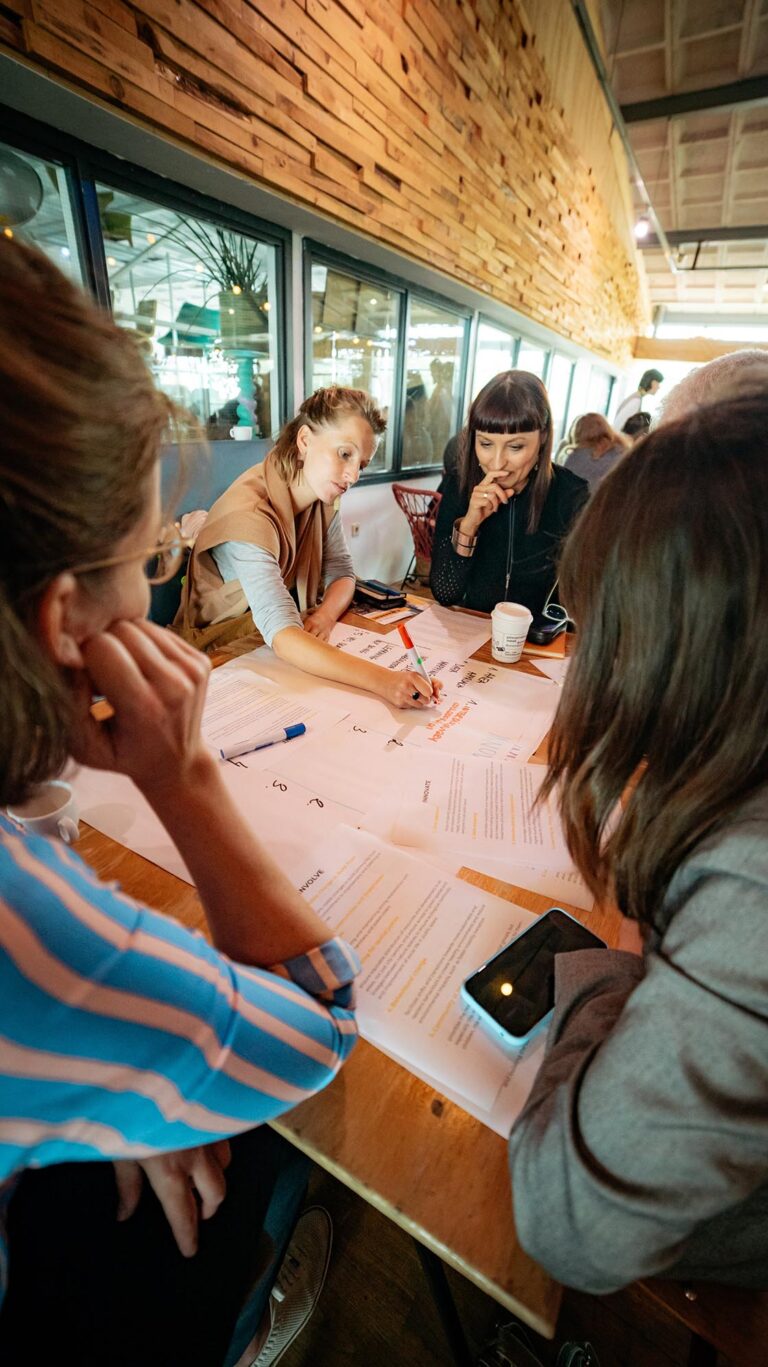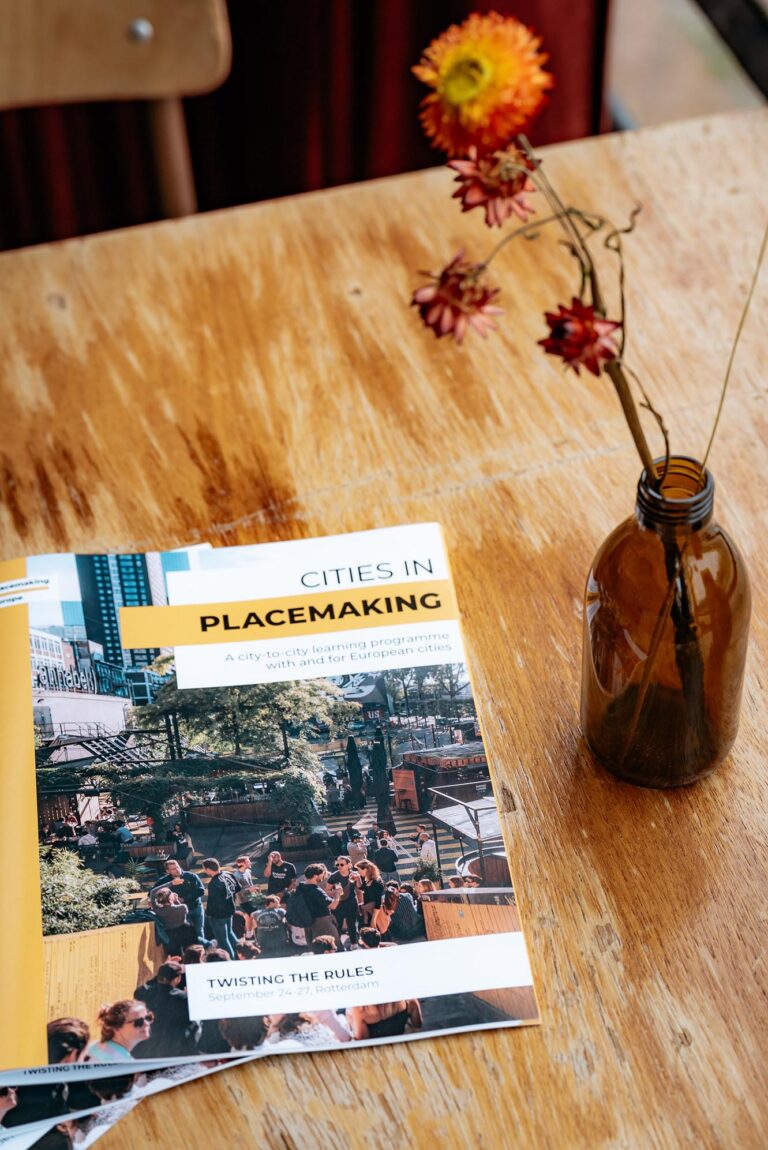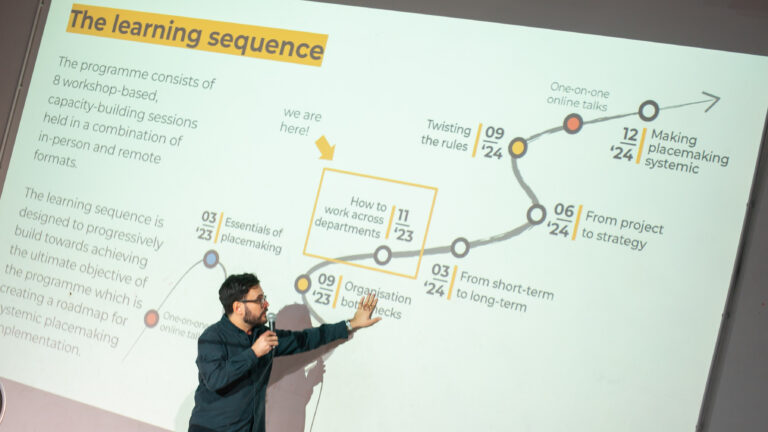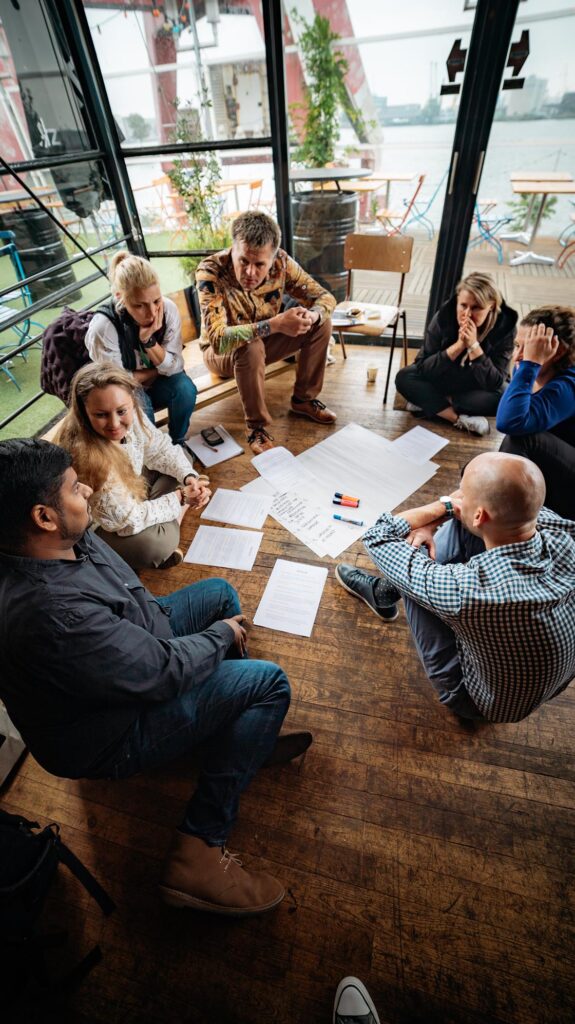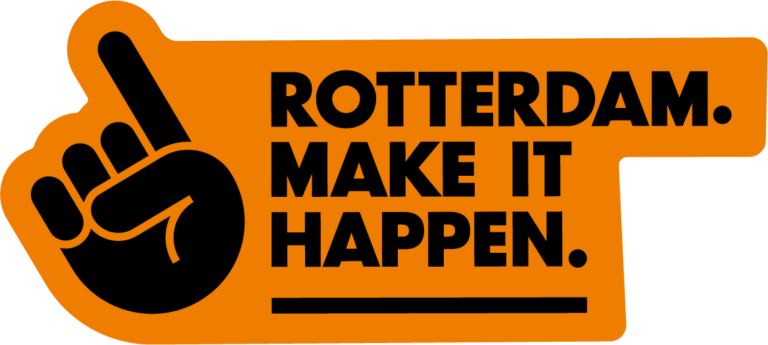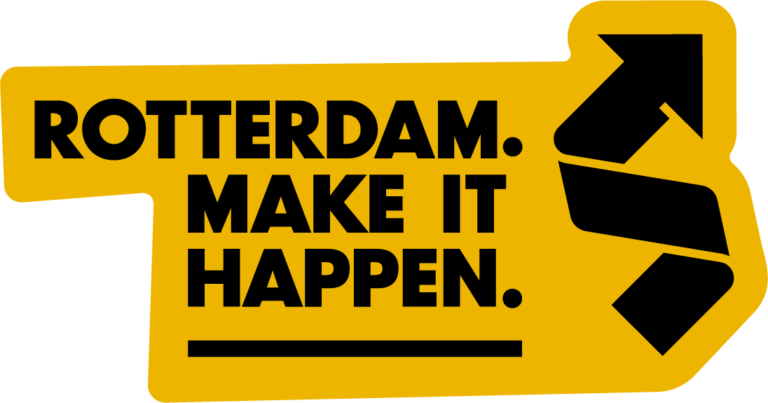On 24 September 2024, programme participants gathered in Rotterdam for the seventh milestone: Twisting the Rules. This milestone was a crucial step in finalising the Placemaking Agenda, refining key commitments, and exploring strategies to overcome barriers to systemic placemaking. The sessions focused on challenging conventional approaches, rethinking bureaucratic constraints, and identifying pathways for organisational reform, co-creation, and sustainable funding.
Over the workshops, participants collaborated to shape the agenda, ensuring it was both ambitious and feasible. By reassessing policies, identifying loopholes, and leveraging creative problem-solving, cities moved closer to implementing a holistic, city-wide approach to placemaking.
During Milestone 7 we focused on:
Finalising the Placemaking Agenda
Participants reviewed and validated the three core dimensions of the agenda:
Innovate – through organisational reform and adaptive systems
Involve – through co-creation and project leadership
Invest – through securing resources and opportunities for initiatives to flourish
Refining Commitments
Through structured discussions, participants modified and expanded upon the proposed commitments, ensuring they were responsive to current urban challenges such as mobility, climate resilience, public space accessibility, and social inclusion.
From Theory to Practice
Cities explored how to operationalise commitments, transforming ideas into actionable steps. Participants identified opportunities within planning systems, developed strategies for overcoming bureaucratic obstacles, and examined creative approaches to integrating placemaking into governance structures.
A Crucial Step Towards Systemic Change
This milestone built upon the collective insights gathered throughout the programme, from diagnosing key urban challenges to defining strategies for long-term impact. With the Placemaking Agenda nearing completion, this milestone set the stage for the final phase of the programme. The discussions reaffirmed the urgent need for innovative governance models that prioritise inclusion, long-term thinking, and investment in public spaces.
This milestone was supported and co-led by the programme partner, the Intercultural Cities Programme of the Council of Europe.




